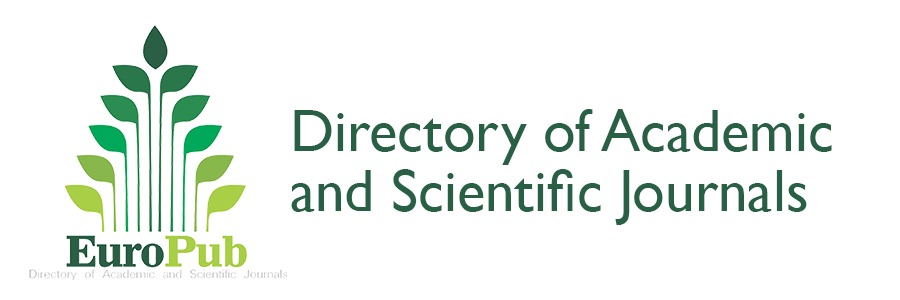Depression Among Fast Food And Traditional Food Users In Adults
DOI:
https://doi.org/10.62746/njlhs.v3n2.61Keywords:
Depression, Fast Food, Traditional Food, Adults, Mental HealthAbstract
This study examines the relationship between fast food consumption, traditional food consumption, and depression among 157 participants from Islamabad and Rawalpindi, Pakistan. Using a convenience sampling method, data were gathered through a cross-sectional study employing the Beck Depression Inventory (BDI) and the Food Frequency Questionnaire (FFQ). The sample predominantly consisted of males (54.1%), unmarried individuals (75.2%), those of middle socioeconomic status (84.7%), and participants living in a joint family system (54.8%). The highest educational level achieved by the participants was a Bachelor’s degree (44.6%), with an average age of 23 years (SD=16.6). Descriptive analysis outlined the demographic characteristics, while independent sample t-tests and one-way ANOVA assessed the associations between the variables. Findings revealed significant mean differences in depression scores between fast food consumers and traditional food consumers, with fast food consumers showing a higher risk of depression (p<0.001). Moreover, married fast food consumers exhibited significantly higher depression scores compared to their unmarried counterparts (p<0.001). No significant gender differences were observed in depression scores. Overall, the study suggests that fast food consumption is linked to an increased risk of depression compared to traditional food consumption, highlighting the potential negative effects of fast food on mental health and the importance of dietary choices in managing depression. These results point to the necessity for further research on dietary habits and mental health, as well as the implementation of public health strategies to encourage healthier eating practices.
Downloads
Downloads
Published
Issue
Section
License
Copyright (c) 2024 National Journal of Life and Health Sciences

This work is licensed under a Creative Commons Attribution-NonCommercial 4.0 International License.
Open Access


























